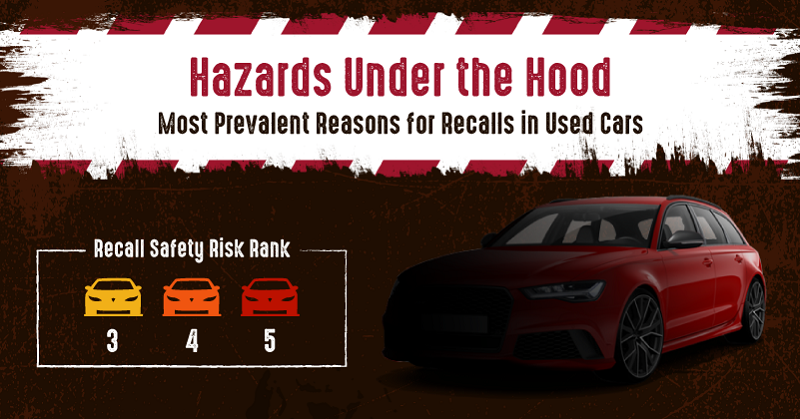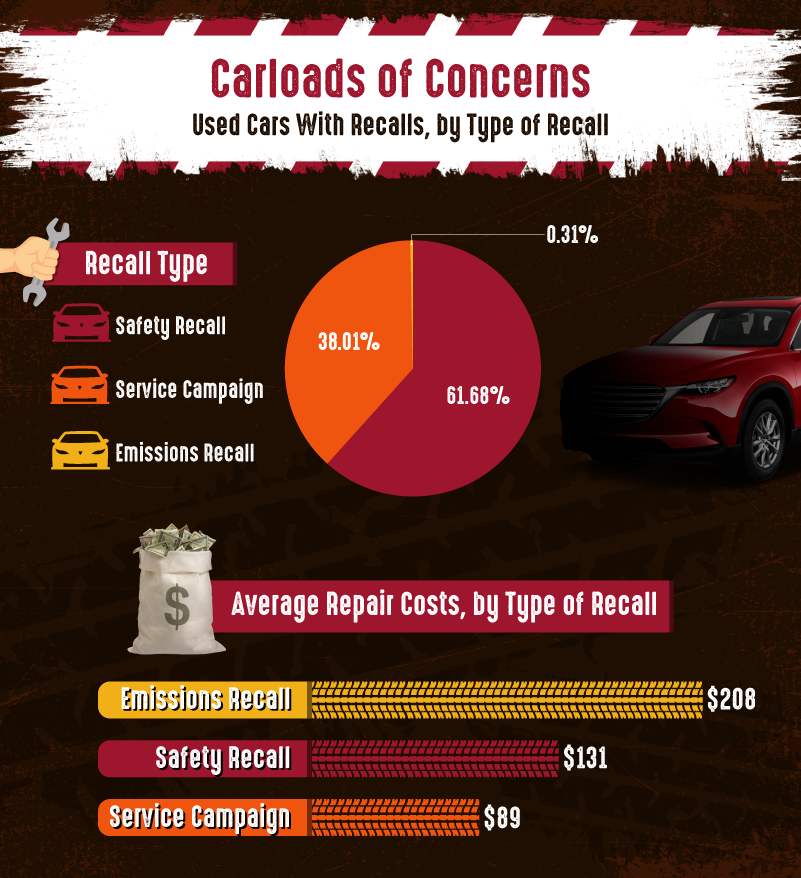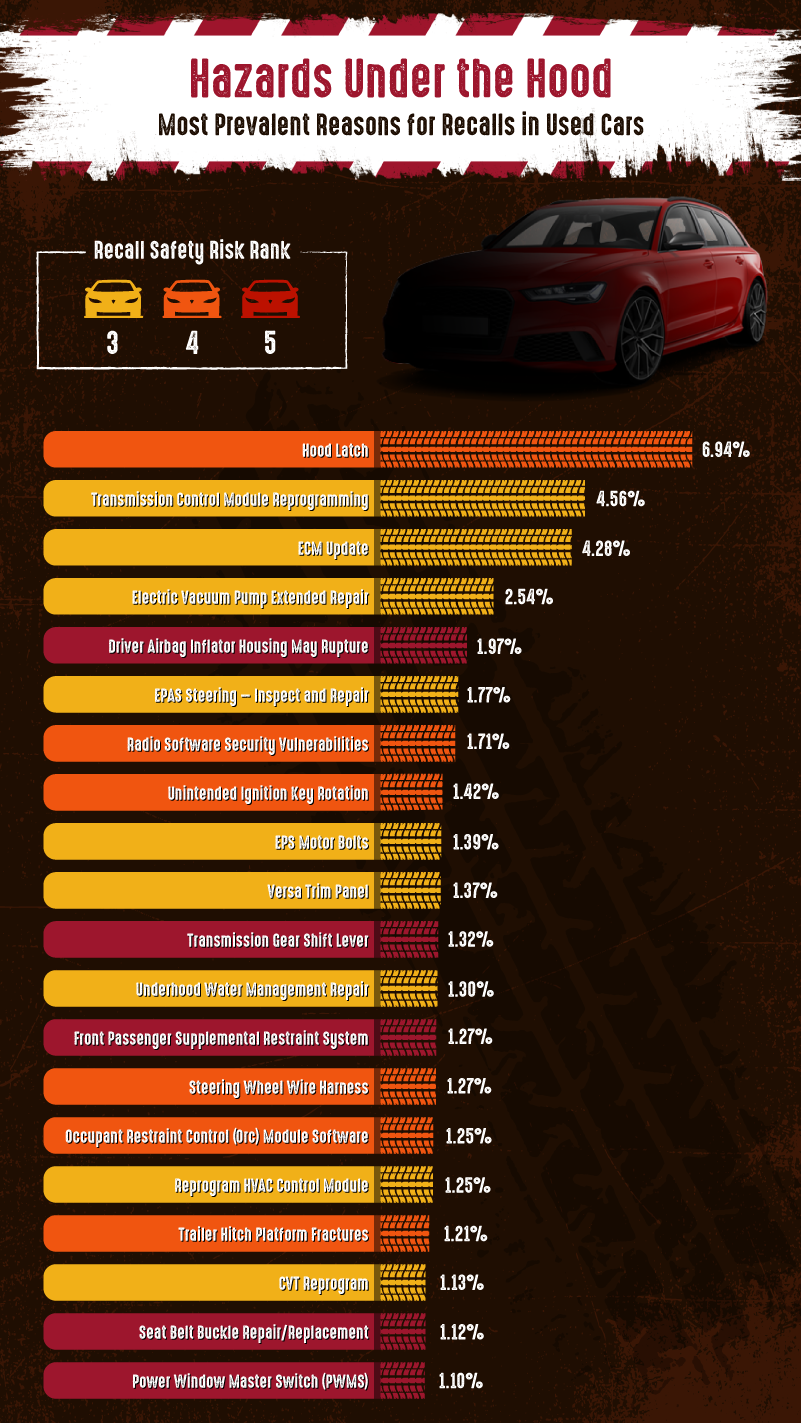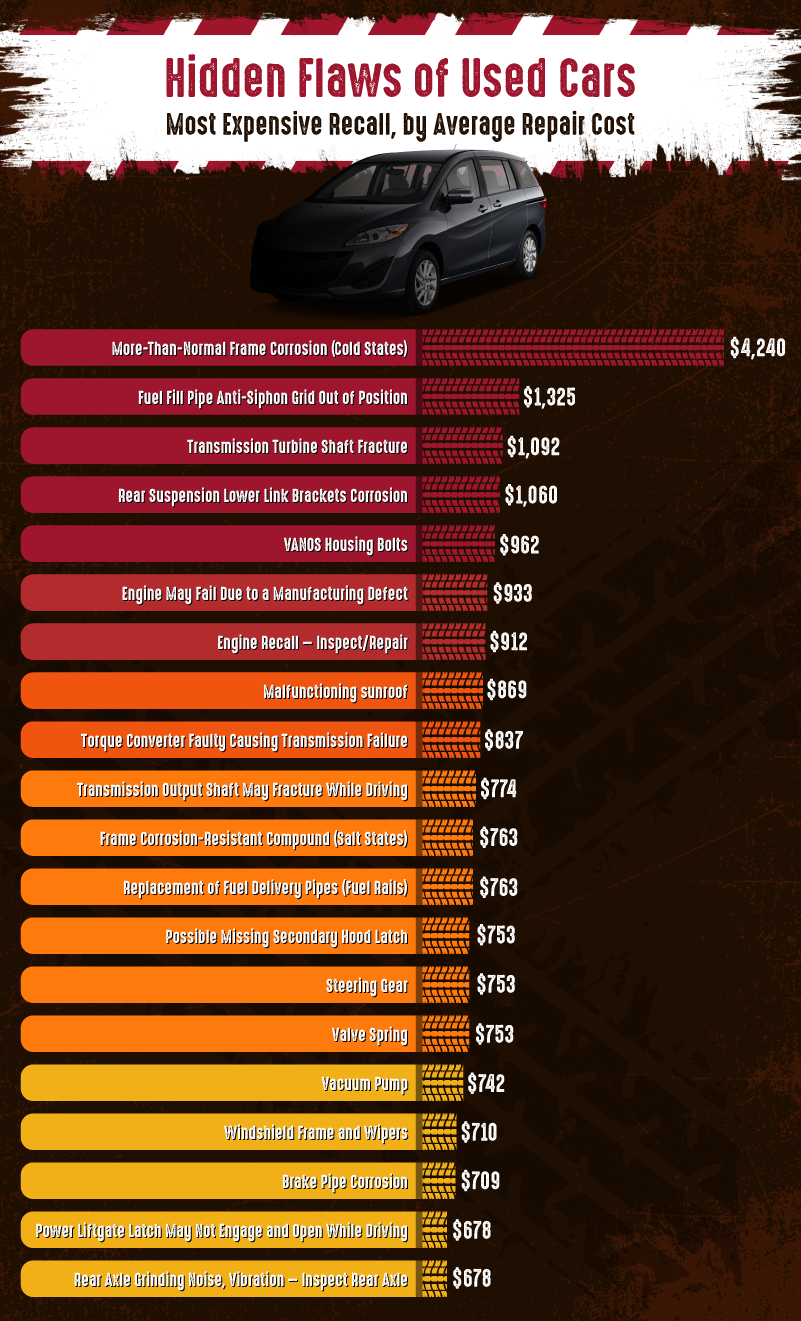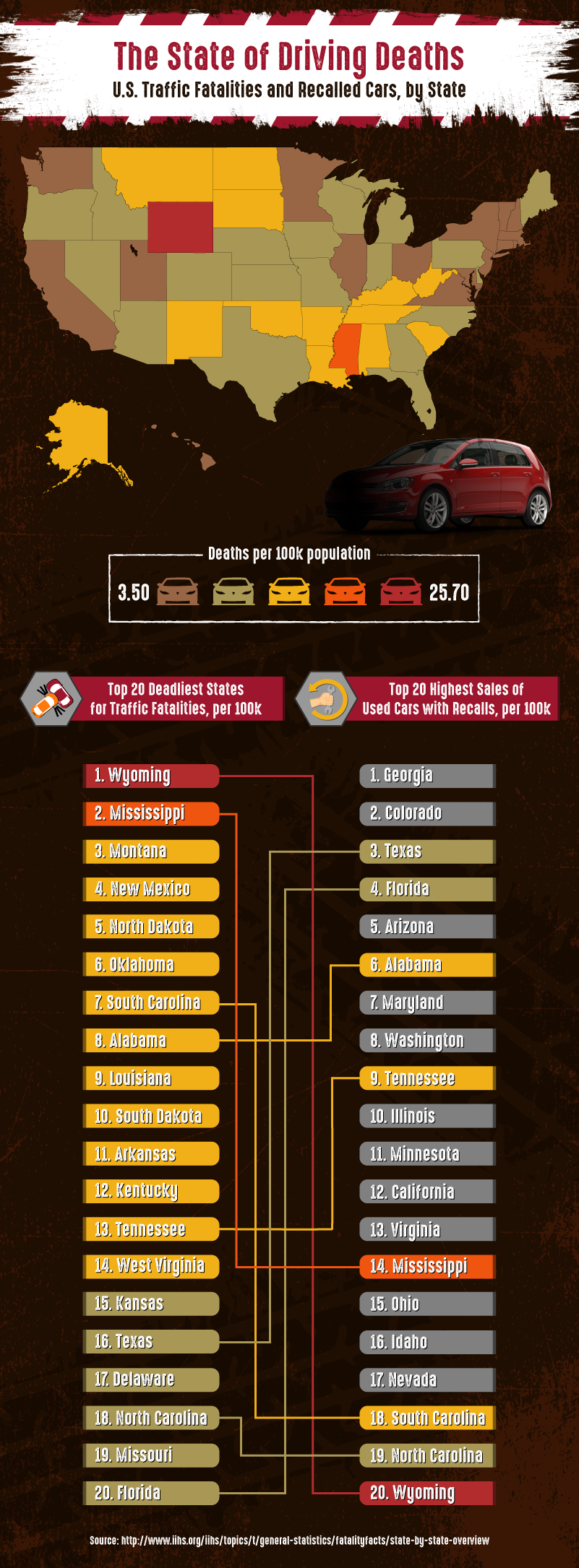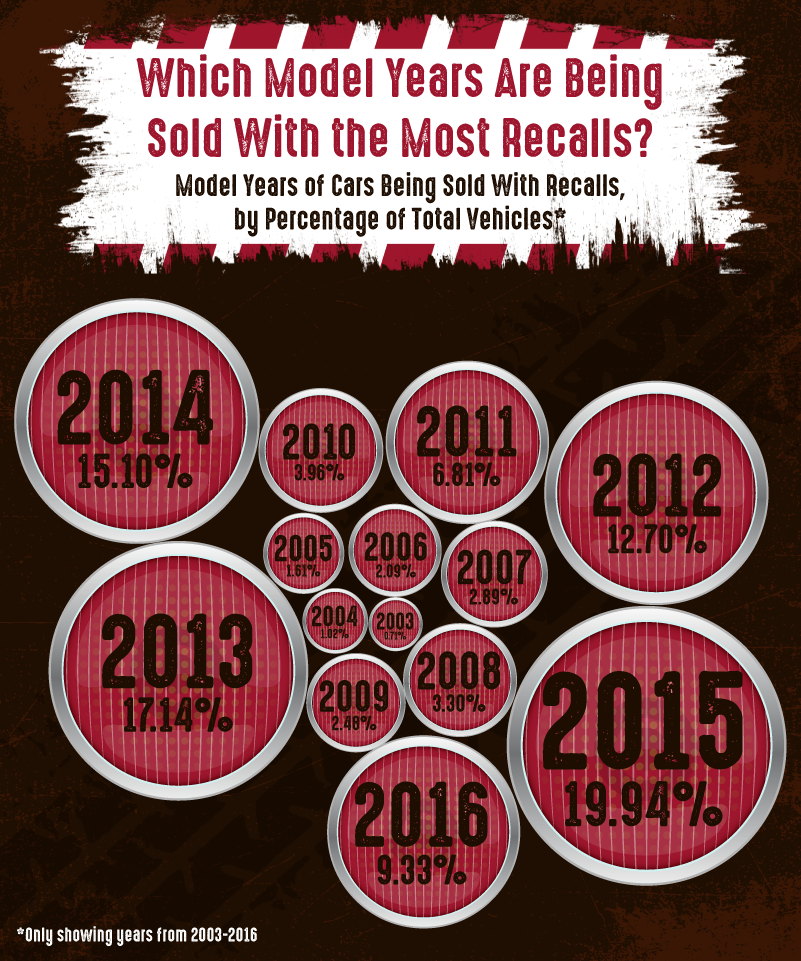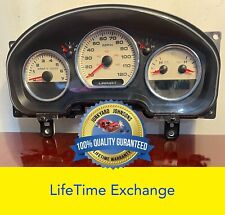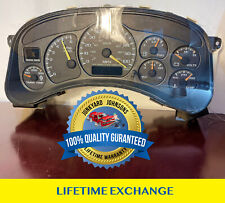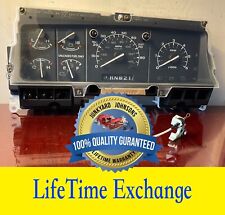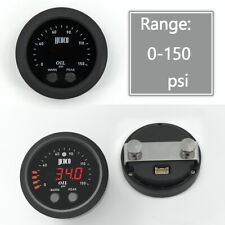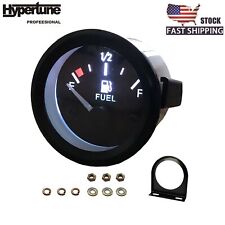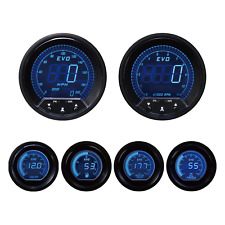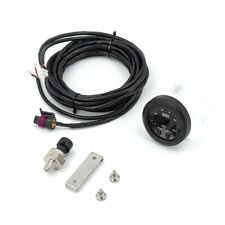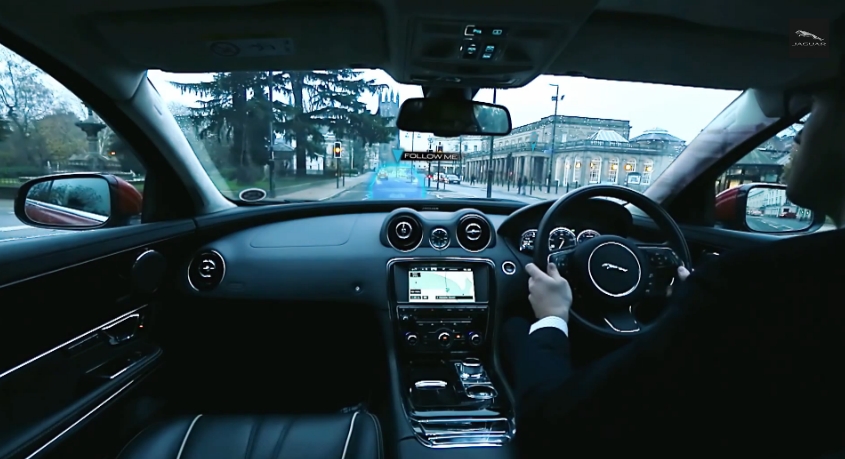Safety Second: Stats Paint Scary Picture of Recall Reality
Looking for a used car? Make sure it doesn’t have an open recall. Because dealers might not tell you.
Today, even the cheapest new vehicle is packed to the gills with electronic wizardry. From Bluetooth, to traction control, to anti-lock brakes, there’s nary an inch of the modern cars which doesn’t have a little bit of silicone in it—and the rewards have been tremendous. Vehicles are safer, more fuel efficient, and reliable than they’re ever been. But the added complexity has come with a cost, as over the past few years, consumers have faced an unprecedented number of recalls.
“There are numerous instances, involving practically every manufacturer, of vehicle fires, steering problems, and premature engine death which have needed to be addressed after customers have left the showroom.”
Now to be fair, not all of these recalls are for life-threatening issues. One of the dumbest we can remember came in 2012, when Fiat recalled its button-cute 500 over the Diagnostic Link Connector cover. In that case, the exceptionally Italian solution was to remove the cover and throw it away. Arrivederci!, DLC cover!
But back in July, out friends over at CNET reported on General Motors’ recall of 33,000 Chevy Cruze models, which left the factory without having a specific code imprinted on their headlight assemblies. That code is important because it helps technicians properly aim the lights, and the solution was to simply mail customers a set of stickers to mark them with the correct digits. While we’re sure that most consumers tossed those stickers straight into the bin, as far as the Feds are concerned, that problem was solved.
So next time you find yourself squinting into the headlights of a cross-eyed Cruze, that’s why.
Now, while lots of common sense folk might think these recalls are a symptom of our overly-litigious society, many of the recalls issued each year are for far more serious issues. Back in 2011, General Motors was forced to issue a recall on its Chevy Cruise because the assembly line workers neglected to install brake pads on over 4,000 examples of the Sonic. There are also numerous instances, involving practically every manufacturer, of vehicle fires, steering problems, and premature engine death which needed to be addressed after customers have left the showroom.
The ongoing Takata airbag nightmare—estimated to affect over 3o million vehicles in the United States—is a particularly gruesome example. At this point, ten people have died as a result of the company’s faulty systems, and the potential for more deaths is very real.
Now, while the idea that consumers would ignore recalls is hardly surprising. But you might expect car dealers would be less lackadaisical about ensuring the vehicles they sell have a clean bill of health. And unfortunately, you’d be wrong. Earlier this week, AutoNation took a look at the data from aggregator Recall Masters, and results were far from comforting. Right now, there are over 36,000 cars on dealer lots with open recalls, and sales people are often more concerned with getting potential buyers to sign on the dotted line than reveal than say, the brakes might not work. According to the data, Georgia residents are currently at most risk to buy a vehicle with an open recall, and the entire Southeast is at hot spot for the problem.
Even if the problem with a vehicle isn’t safety related, buyer aren’t exactly off the hook, as problems like premature corrosion, transmission failures, or fuel system can add up to thousands in repairs. You can read the entire, exhaustive report over at AutoNation Drive, but we’ve included the relevant graphics in the gallery below. If you’re looking for a used car, anywhere in the country, it’s required research.

